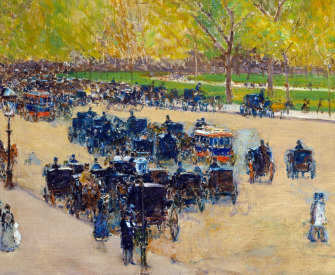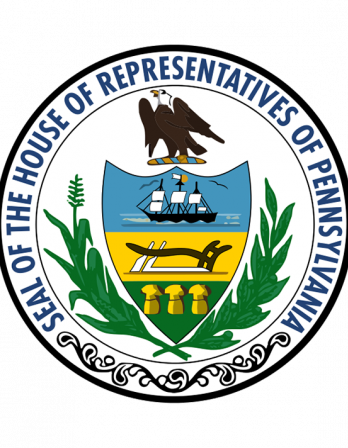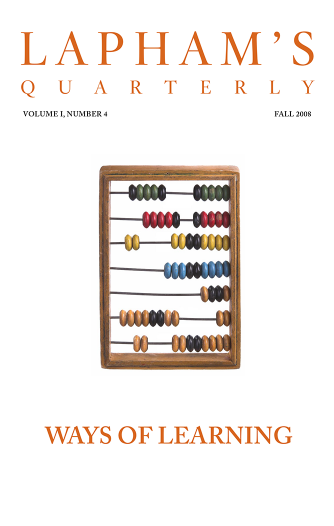Man must be doing something, or fancy that he is doing something, for in him throbs the creative impulse; the mere basker in the sunshine is not a natural, but an abnormal man.
—Henry George, 1879Unemployment Benefits
Down and out in New York City.
On October 28, Joe Jackson, aged forty-four, who had once made seventeen to twenty dollars a day as an electrician, appeared at the doors of a relief office in lower Manhattan to prove that he was a pauper and ask the City of New York to support him, his wife Gertrude, aged thirty-eight, his son John, aged fifteen, and his daughter Gladys, aged twelve.
Joe and Gertrude soon discovered that “going on relief” wasn’t quite the simple matter that the editorials in the two big morning newspapers, the Times and the Herald-Tribune, which Joe bought for the want ads, had made it seem. But within three weeks, after they had been investigated at the district office and at home, had proved that they were American citizens, had lived in New York State for two years and in New York City for more than one, that they had neither savings nor checking accounts in any banks nor any postal savings, that they owned no real estate and had no insurance policies upon which they could borrow, and after Joe had shown his honorable discharge from the army in 1919, his dispossess notice, his unpaid grocery bills and the pawn tickets for his watch and Gertrude’s diamond ring, had answered all the questions asked him about his past life and his family and his in-laws, he was given a Federal Emergency Relief Administration identification card and a voucher which entitled him to $8.69 worth of groceries. His next relief compensation, his investigator assured him, would be a check which would represent his semimonthly subsistence budget for rent, food, fuel, light, and household articles. In the meanwhile, she hoped he would get a good WPA job. And so, fervently, did Joe.
But weeks went by and then months, and nothing happened except the regular arrival of his relief check and the intermittent visits of his relief investigator. Joe read in the papers that thousands were still being put to work on WPA every week. And he heard of men who had good jobs as mechanics and of others who had been made foremen and supervisors. He kept going back to the relief office and to the WPA information office, but he was always told that he would be notified by mail. “The investigators used to recommend their cases,” a guard explained to him once, “but not any more. It’s all done through the employment office now, strictly business. Don’t worry, bud, they’ll give you a job as soon as they get around to it.”
But Joe did worry. He couldn’t help it. Maybe, he began to think, he hadn’t been such a hot electrician, after all. Maybe there were plenty on relief a whole lot better than himself, and they were getting the jobs. Maybe he’d better not count on the WPA after all. Maybe he’d better go back to washing cars at the garage again. But he couldn’t do that, because if he did and the relief people found out about it, they’d take him off relief. Of course, there was only a small chance that the relief people would find out about it even if he did go back to the garage, but even so Joe was afraid to take it. The garage was just three blocks from his home, and suppose his investigator came by and saw him in overalls working, would she believe he was just picking up dimes and quarters?
He should keep on looking for other work; Joe knew that, too. But he had by now become convinced of the fact that if he couldn’t get relief work he certainly couldn’t get any other kind. If he wasn’t good enough for the WPA, then he had a nerve to think that some private contractor would employ him in these bad times. And so Joe Jackson continued to wait, to look into his mailbox ten times a day, to let his clothes get mussed and dirty, and to shave only twice a week.
© 1939 by Yale University Press. Used with permission of Yale University Press.
About This Text
Grace Kinckle Adams, from Workers on Relief. A major part of the New Deal, the Works Progress Administration was created in 1935 to address the fact that around 22 percent of the U.S. had been unemployed the previous year. The program cost the government approximately $11 billion but yielded more than 650,000 miles of roads, 125,000 public buildings, and 75,000 bridges. World War II effectively ended the Depression, leaving only 1.2 percent of Americans unemployed in 1944.



